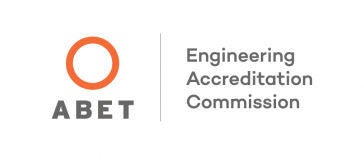Chemical Engineering B.S.
Overview
The B.S. in Chemical Engineering is a multidisciplinary program based on a strong foundation in science and mathematics. As a Chemical Engineering major, you will learn to analyze and design processes and materials, work with different types of equipment, visit different industries, and, in a team approach, integrate these principles into economic design of industrial plants and processes.
With an emphasis on hands-on experience, our students combine learning in multiple disciplines to prepare for careers in chemical production, pharmaceuticals, biotechnology, polymers, new materials, renewable energy, environmental sustainability and more. Students can specialize in areas such as Materials Engineering, Environmental Engineering, and Entrepreneurship through minors. Students can also pursue minors outside of engineering such as Pharmaceutical Manufacturing and Formulation, Biology, and Applied Math.
Graduates receive some of the highest salaries of those holding undergraduate degrees, and are actively sought after by some of the most esteemed global companies and research institutions. Graduates are also well-prepared to attend graduate school or professional programs.
ABET Accreditation

The Chemical Engineering program is accredited by the Engineering Accreditation Commission of ABET, under the commission’s General Criteria and Program Criteria for Chemical, Biochemical, Biomolecular, and Similarly Named Engineering Programs.
